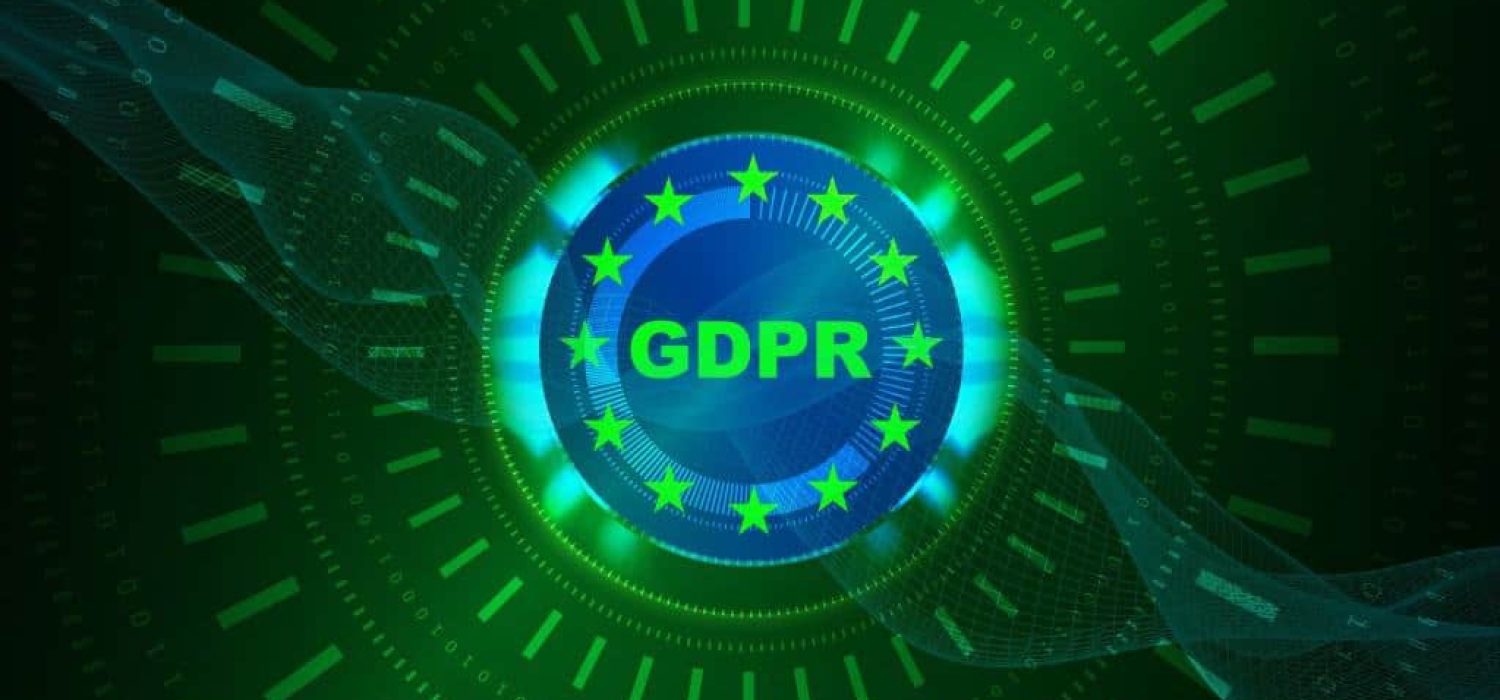The run-up to the implementation of the EU-wide General Data Protection Regulations (GDPR) last month was chaotic, to say the least. Businesses across the globe that operate in the EU have been scrambling to comply with the new rules. As is inevitable with such wide-ranging, sweeping regulatory changes, the rollout of GDPR was met with confusion.
In the rush to ensure compliance and to avoid the potentially massive fines that violations can bring, many businesses have had to take the drastic step of blocking access based on geographical location. This geo-blocking is the only option available to businesses that have yet to implement GDPR-compliant data policies. Even if these businesses don’t operate in the EU, if their websites aren’t compliant with GDPR, they will be unable to serve users from the EU without exposing themselves to liability.
For internet users who find themselves suddenly unable to access websites and services that they have been using for some time, this is very frustrating. The good news is that, with the right tools, circumventing any GDPR-related geo-blocking is actually very easy.
Why Are Websites Geo-Blocking?
GDPR has the necessary provisions to issue stiff fines to non-compliant companies. The potential magnitude of these fines has spooked many businesses into erring on the side of caution. If you have any friends or family in the EU, you may have heard some examples of GDPR-related horror stories, where businesses have taken a number of seemingly illogical, even excessive, steps to ensuring they remain compliant. In fact, many businesses are behaving excessively. As far as they’re concerned, it makes more sense to be overly cautious than to risk facing a massive fine.
There are a number of reasons, other than caution, that businesses might have decided to implement geo-blocking. For some businesses, GDPR is simply incompatible with their business model. Businesses that rely on the ability to monetize data collected from their users can still operate under GDPR. However, they are required to be much more upfront and honest with their customers about their data policies. They are also required to seek explicit consent from users in order to collect and utilize their data.
Most websites that are currently using geo-blocking because of GDPR are using it as a stopgap measure while they bring their data practices in line with the regulations. In such cases, we should start to see more of these sites opening their doors to EU users once again. However, the time it will take these businesses to restore services is anyone’s guess.
News Websites
Since the 25th of May, when GDPR came into force, numerous services and websites have been forced to utilize geo-blocking as a means of preventing any potential transgressions and resulting fines. This has been particularly noticeable with news websites, which often have broad readerships. Local news websites aren’t going to be getting much traffic from abroad. However, major news organizations in many countries have international readerships.
As a result, there are now many people who are finding themselves locked out of their preferred news outlets. This can leave users feeling cut off and isolated from their usual source of information about world events. If you find yourself in this situation, you will be relieved to hear that it is actually very simple to bypass these blocking measures and gain access to your favorite website.
Accessing Geo-Blocked Websites
By using a VPN, you can connect to websites through a non-EU IP address. Most VPN services make it possible for users to choose which country they make themselves appear to be connecting from. By using a VPN service, you will prevent websites from being able to detect your true location. This one simple measure will instantly defeat any geo-blocking measures that websites have in place.
Since the implementation of GDPR in May, many internet users have found themselves unable to access some of their favorite websites. As frustrating as this can be, it is a problem that is relatively easy to solve. Investing in a VPN service won’t just allow you to circumvent any GDPR-related geo-blocking, it will also greatly enhance your overall online privacy.





